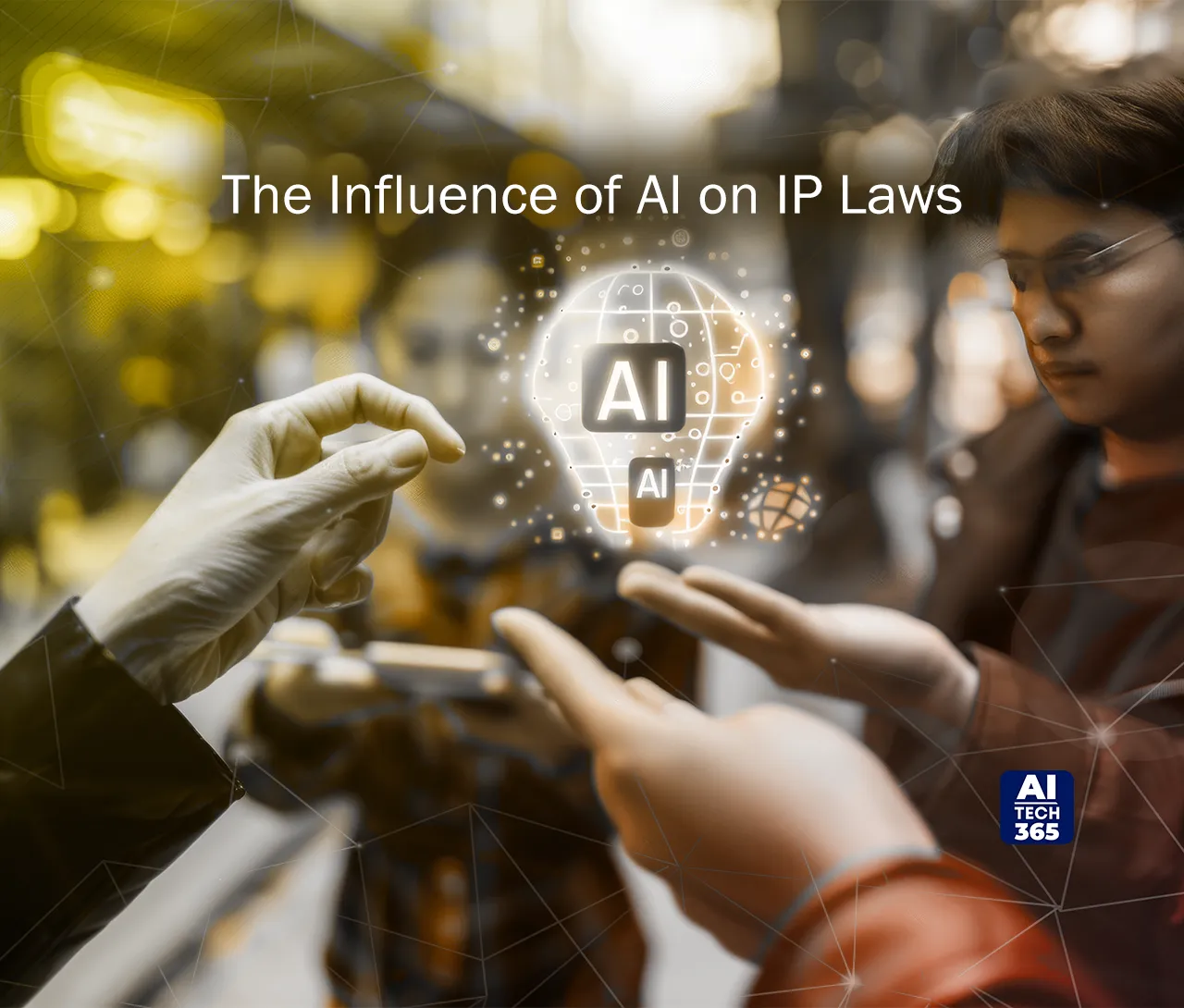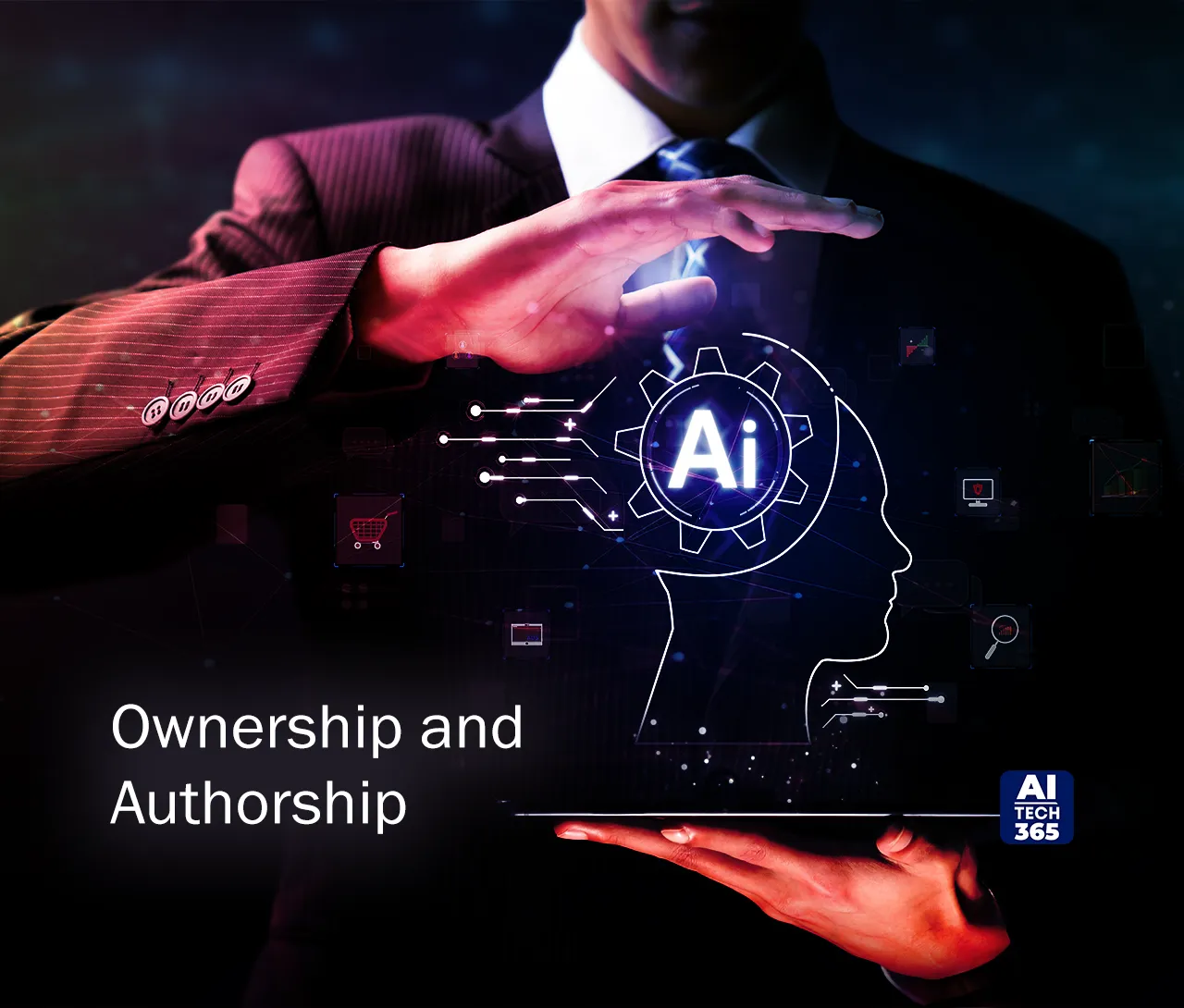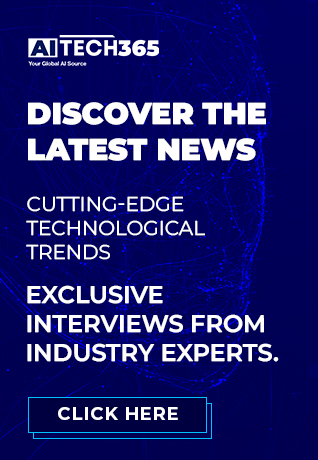There is a tremendous surge in the use of artificial intelligence (AI) and machine learning (ML). Intellectual property (IP) plays a significant role in the regulation of the utilization of AI and in protecting the inventors’ and creators’ rights.
Businesses globally are heavily investing in AI and ML applications for better operations and higher returns. At the same time, inventors and creators are exploring how to control how the products of their efforts are utilized by others. Intellectual property systems offer these protections to the users. However, the distinctive nature of AI requires that systems be adapted to offer the level of protection that is increasingly being demanded.
From the use of copyrighted materials to train AI systems to debates on protecting valuable creations produced by AI or machine learning (ML) and concerns over liability when AI or ML systems replicate others’ work or infringe on patents, global jurisdictions are struggling to find the right balance between the advantages AI and ML offer and the rights of inventors, content creators, and consumers.
The Influence of AI on IP Laws
The utilization of AI has significantly evolved the ways how people work. Additionally, the use of AI in intellectual property is becoming more prevalent these days. One of the key applications of AI in IO is the generation of new work, as it can create original work. The focus of AI applications is on executing tasks with the assistance of smart strategies like problem-solving, reasoning, linguistic intelligence, perception, and machine learning. Comprehensive patent searches of the current IP datasets can be excited efficiently and accurately with the help of AI-driven algorithms.
Furthermore, it assists in evaluating technical data and documents to understand existing relevant work to avoid copyright infringement. AI as a technology and its applications are becoming increasingly advanced. Hence, the use of AI is more likely to be utilized in areas revolving around intellectual property. However, it might result in new legal concerns and issues.
● Ownership and Authorship
One significant legal bottleneck exposed by AI in intellectual property is the concerns related to ownership and authorship of AI-powered creations. Users can create original work with creativity by using AI, but the real question is who has the right to take ownership of the work. Shall the credits be given to a user who gives prompts to AI to create the work, one who has developed the AI algorithms or the AI tool? As per the traditional intellectual property regulations, the author or the creator of the work is given complete ownership of the work. However, this is not the case with AI-generated work.
Also Read: AI in Cyber defense: How Machine Learning is Identifying Advanced Threats?
● Copyright Issues
The capability of AI to create massive content pieces in a jiffy raises concerns related to copyrights. These machines have the capability to copy and recreate copyrighted content like music, videos, texts, images, and others. AI-driven systems can duplicate someone’s work, content, or art without seeking prior permission from the creator, making it challenging to determine the difference between original, copied, or unauthorized work. The question here arises whether or not the content created by AI can be copyrighted. In various cases, like the jurisdiction in Spain and Germany, only the work designed by humans can have copyright protection.
Deep fakes, content generated through automation, manipulated content, data security, and privacy are a few of the concerns posed by AI in protecting intellectual property rights. Additionally, the utilization of AI increases multiple ethical questions. Hence, it is crucial to strike a perfect balance between the advantages of AI and IP rights protection by enforcing relevant frameworks.
● Confidential Data and Trade Secrets
A more adaptable form of protection can be offered through laws concerning confidential information or trade secrets. This protection can cover how an AI system functions, the data used for training, and the algorithms involved in its operations. In the UK, confidential information is safeguarded under common law alongside statutory provisions for trade secrets. In contrast, the EU provides harmonized protection against the unlawful misappropriation of trade secrets, granting that sufficient measures are in place to maintain confidentiality.
In both the UK and Australia, courts are quick to restrain the unauthorized use of confidential information as long as the information’s confidentiality can be clearly demonstrated. However, those relying on trade secrets or confidential information must be diligent in securing that information, as once it enters the public domain, it becomes challenging to fully regain control and prevent further use. This risk is especially relevant when disclosures occur while seeking other protections, such as patents. Therefore, developers and owners of AI and ML systems must carefully assess which protection strategy best suits their specific needs.
In a Nutshell
Artificial intelligence in intellectual property has brought notable advancements in the legal realm. On the other hand, it also has a few inherent challenges, like trademark infringement, ownership, and copyright infringement. As AI continues to scale, it has become essential to navigate through the concerns and ensure that patent portfolios are protected to avoid IP litigations. AI in intellectual property gets protection from the Doctrine of Fair Use or Fair Dealing, which allows an individual to use any work safeguarded by the copyright law under the act in a restricted manner that maintains the originality and proprietary of the work.





